Heroku

Heroku: Cloud PaaS
Cloud platform as a service (PaaS) simplifying application deployment, management, and scaling, acquired by Salesforce
What is Heroku?
Heroku is a cloud platform as a service (PaaS) that streamlines the process of building, deploying, and scaling applications. Founded in 2007 and later acquired by Salesforce, Heroku has become a popular choice for developers seeking a straightforward and scalable platform for hosting web applications. Heroku abstracts much of the infrastructure management, allowing developers to concentrate on coding and application functionality. Key Features: Programming Language Support: Heroku supports multiple programming languages, including Node.js, Ruby, Python, Java, PHP, Go, and others. This flexibility allows developers to choose the language they are most comfortable with. Containerization with Dynos: Applications on Heroku run in containers called "dynos." Dynos are lightweight, isolated environments that provide a consistent and scalable runtime for applications. Deployment Simplification: Heroku simplifies the deployment process, allowing developers to deploy applications with a simple Git push. This streamlined approach reduces the complexity of deployment and facilitates continuous integration. Add-ons and Services: Heroku Marketplace offers a variety of add-ons and services that can be easily integrated into applications. This includes databases, caching, monitoring, logging, and more. Scalability: Heroku provides easy scalability by allowing users to adjust the number of dynos based on application demand. Horizontal scaling is achieved effortlessly to handle increased traffic. Developer-Friendly Tools: Heroku provides a set of developer-friendly tools, including a web-based dashboard, command-line interface (CLI), and integrations with popular development tools and workflows. Git Integration: The Git version control system is tightly integrated into Heroku, making it convenient for developers to manage and deploy their code. Continuous Integration and Deployment: Heroku supports continuous integration and deployment workflows, allowing developers to automate the process of testing and deploying code changes. Application Metrics and Monitoring: Heroku offers built-in monitoring tools and provides metrics on application performance, response times, and resource utilization. Security and Compliance: Heroku follows best practices for security, including data encryption in transit and at rest. It also complies with various industry standards, such as SOC 2, HIPAA, and GDPR. Extensibility with Buildpacks: Heroku uses buildpacks to automatically detect and configure the environment needed for applications. Developers can use default buildpacks or create custom ones for specific requirements. Collaboration and Team Management: Heroku supports collaboration within development teams, allowing multiple team members to work on the same project seamlessly. Heroku is particularly favored by startups, small to medium-sized businesses, and individual developers who prioritize simplicity and rapid development cycles. Its ease of use and abstraction of infrastructure complexities make it an attractive choice for a variety of web applications and services.
Heroku Features
Features
- Cloud platform as a service
- Simplifies deployment, management and scaling
- Supports popular languages like Ruby, Java, Node.js, Scala, Clojure, Python and PHP
- Add-ons provide additional services like databases, monitoring, logging, etc
- Git-based workflow for deploying code changes
- Free starter tier available
Pricing
- Free
- Subscription-Based
Pros
Cons
Official Links
Reviews & Ratings
Login to ReviewThe Best Heroku Alternatives
Top Online Services and Cloud Platform and other similar apps like Heroku
Here are some alternatives to Heroku:
Suggest an alternative ❐Amazon Web Services

Microsoft Azure

Linode

Kubernetes
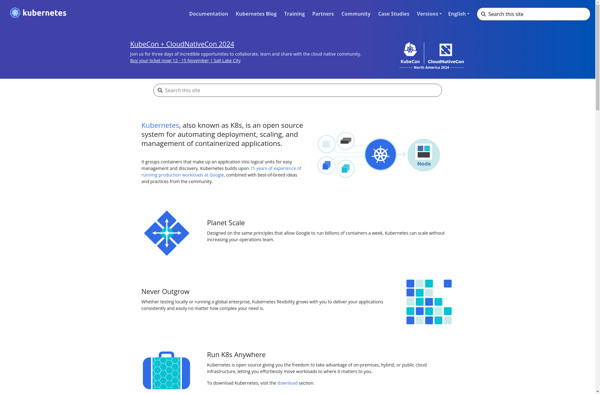
Vercel

Fly.io

Amazon Lightsail

Replit
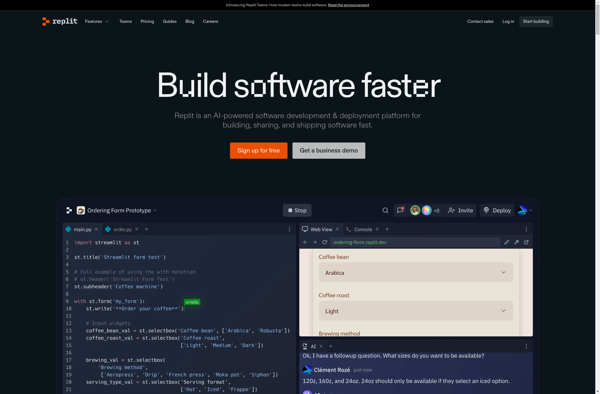
Render

Netlify

OnWorks

OpenShift

Railway
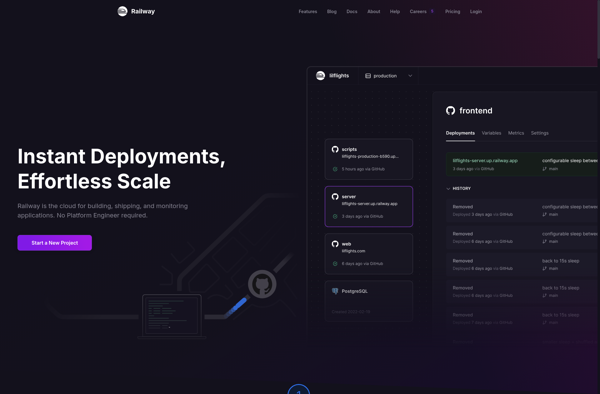
PythonAnywhere

CapRover
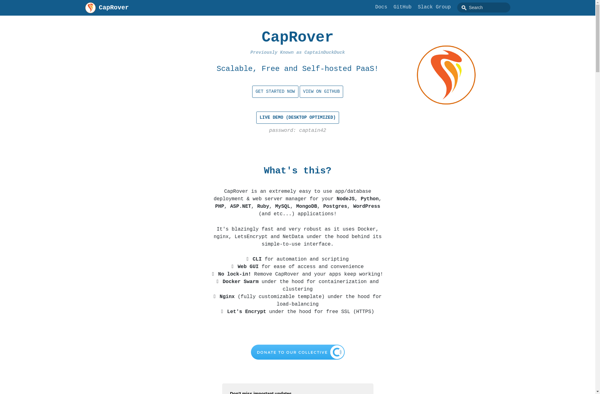
Easypanel
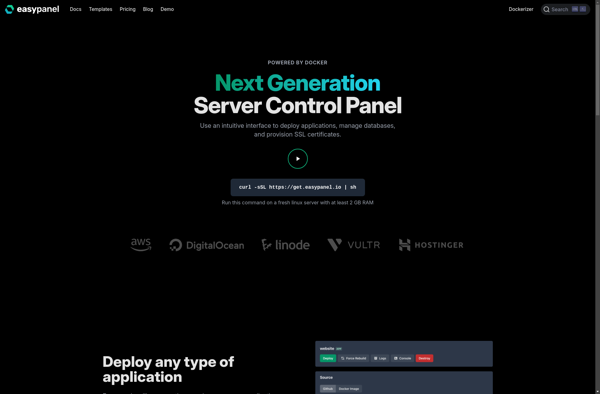
ApiOpenStudio
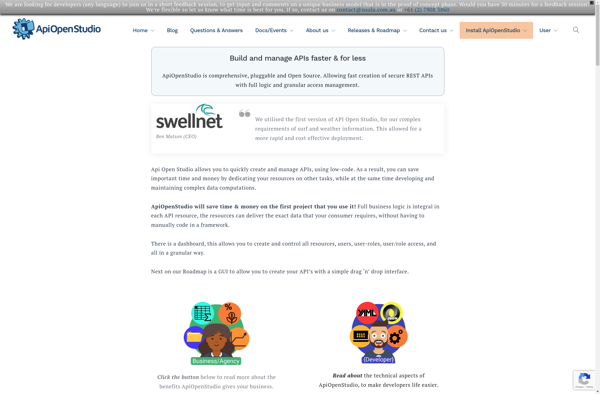
Coolify
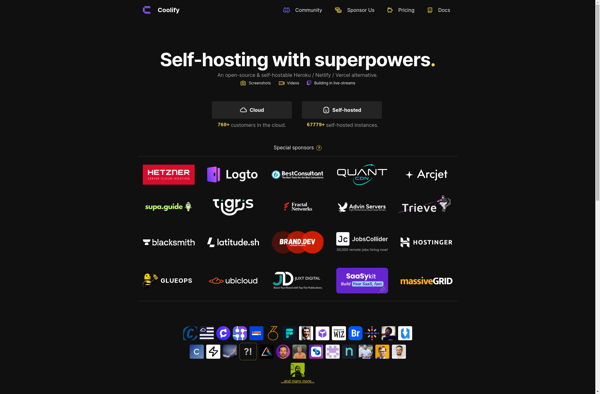
Vultr

Flynn
PlanetScale

Greenhost

Shelly Cloud

Hasura
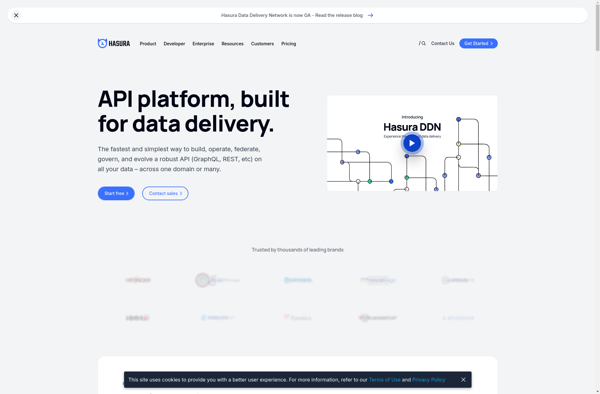
Google App Engine

Google Cloud VPC
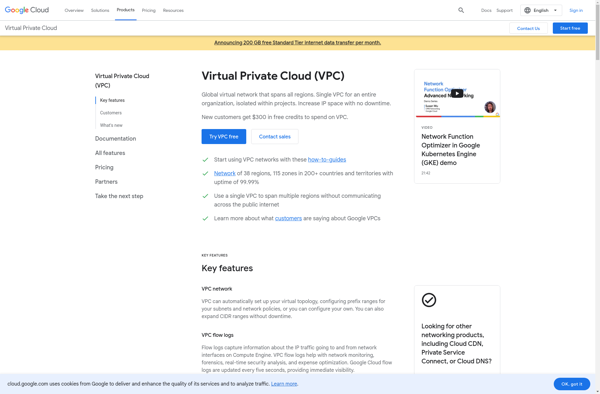
Cyclic

Last.Backend
AlwaysData

Elestio
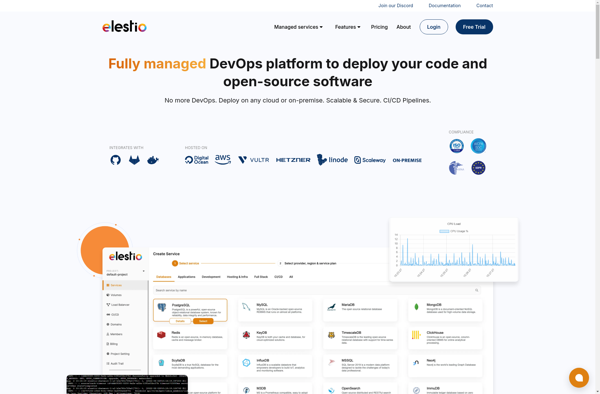
VPSie

Google Compute Engine

Website Free Host

Qovery

Clever Cloud

Koyeb

OpenFaas
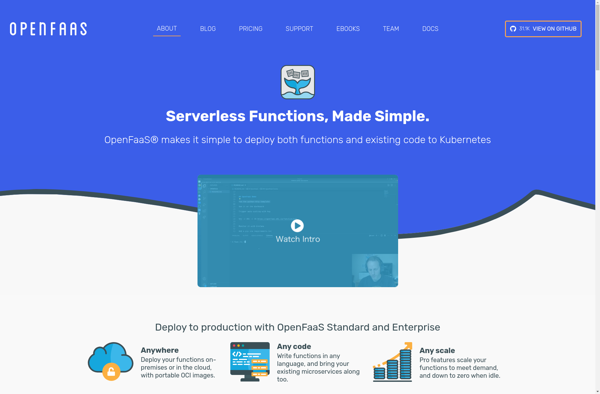
BuyVM

EvenNode

Platform.sh

AWS Elastic Beanstalk

VPSDime

Jelastic Cloud by Infomaniak
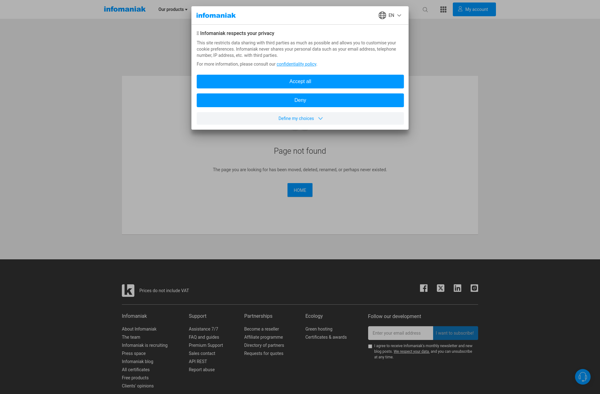
Knative
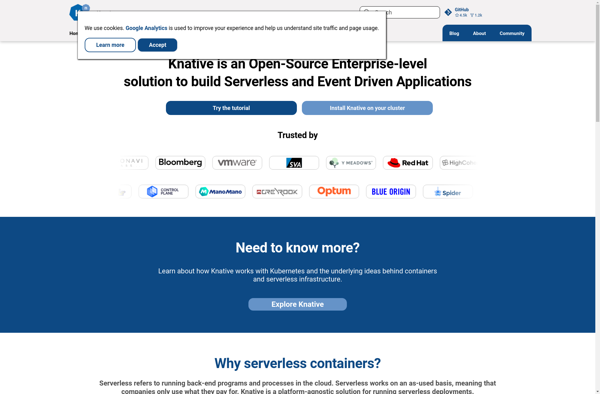
EuroVPS

Cloudways

AppFog

Nanobox
SpinUp
Kontena
Dokku
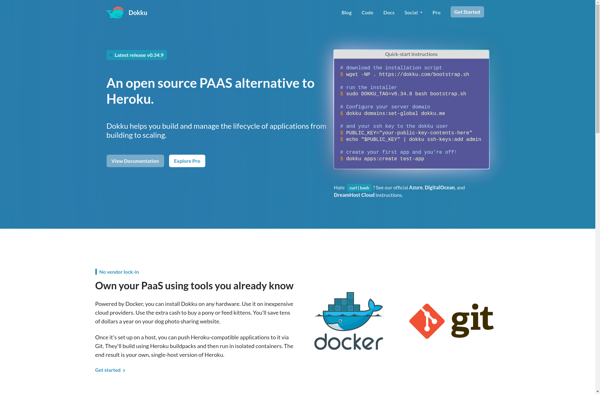
Kubero
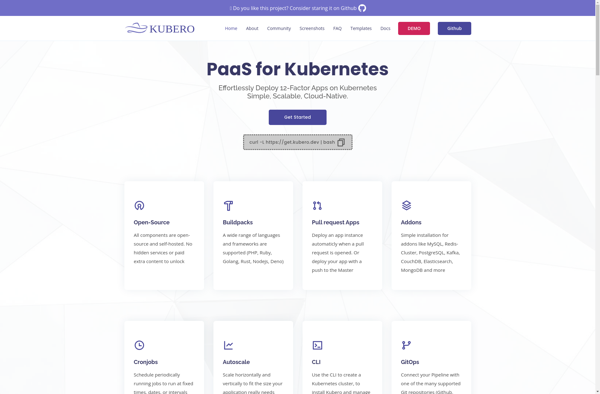
Slicify
Time4VPS

FastComet

Cloud 66

Nebula Container Orchestrator
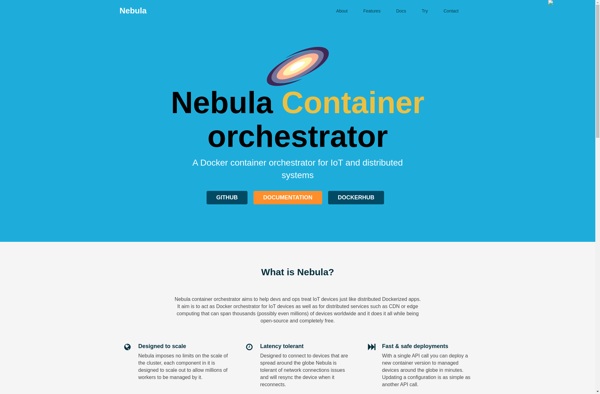
Dediserve

OpenRuko
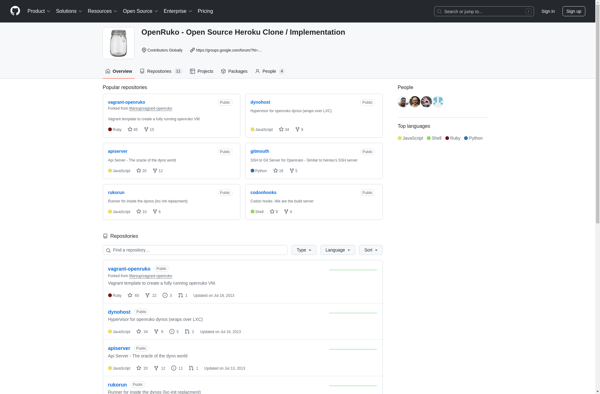
Tranquillity

LetsCloud

HatchBox

InMotion Hosting

VirMach

DomainRacer

Cycle.io
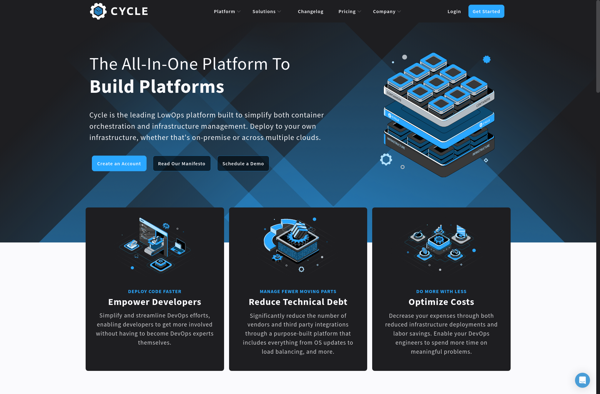
V2 Cloud

Dokkur
HostUp

RamNode

NearlyFreeSpeech.NET
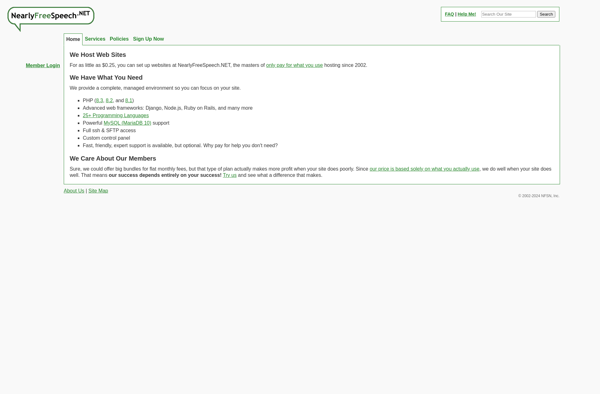
DataCell
Fortrabbit
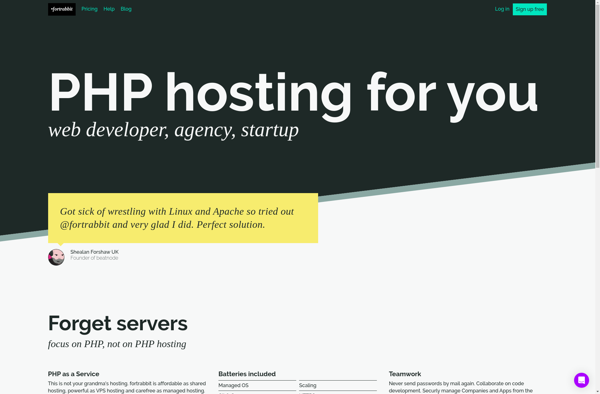
Google Cloud Run
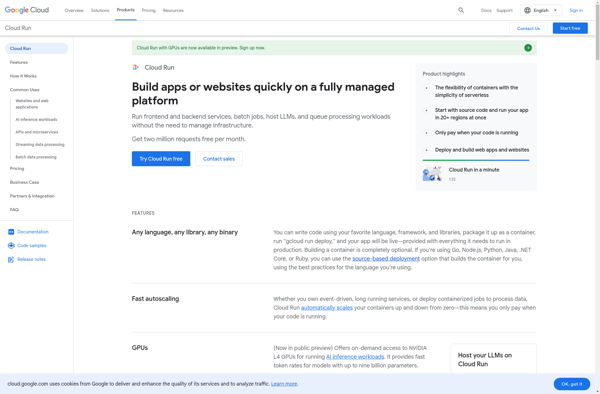
Ninefold

Scalingo

Bahnhof

TransIP

Liquid Web

Idealstack
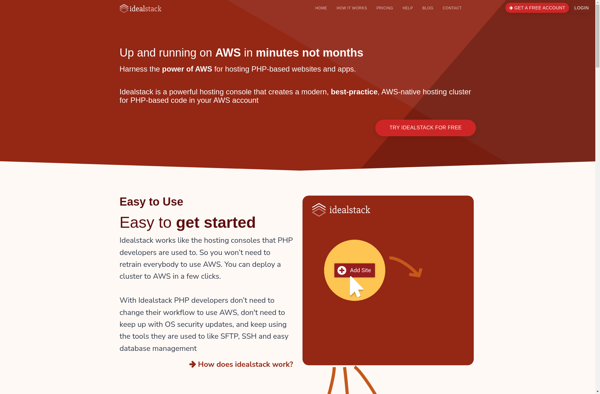
Hyper Host

CloudEstuary
Gplugin
CloudControl

OpsCaptain

Nodester

Hyper.sh
Routepath

Apprenda

Hybrid Web Hosting

Blue Box
Amezmo
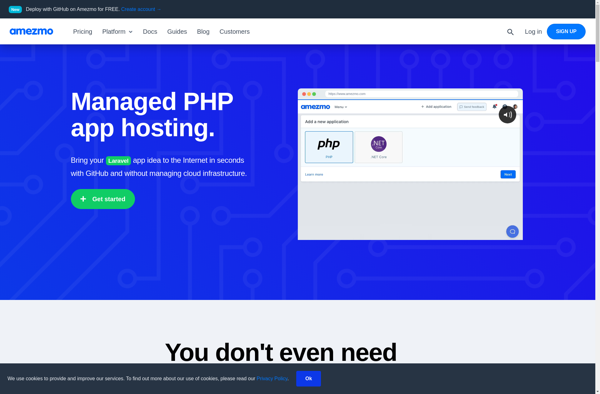
Ventureer
IBM Cloudant

Flexihost

Sweden Dedicated

CloudOps
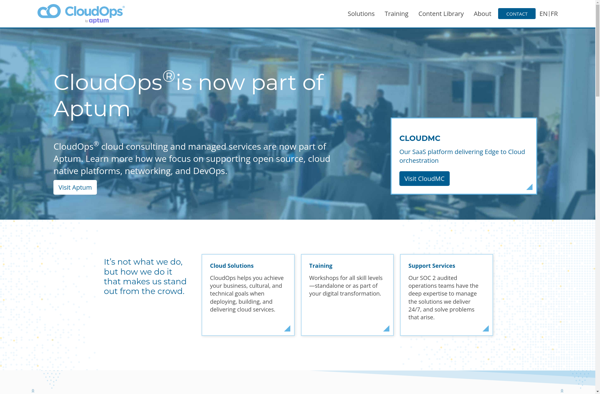
JiWebHosting

Includable
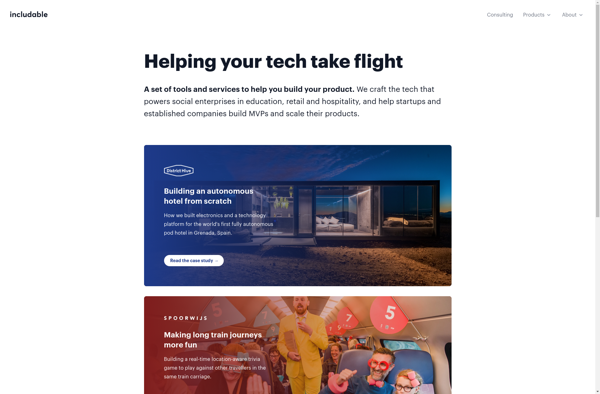
M3O
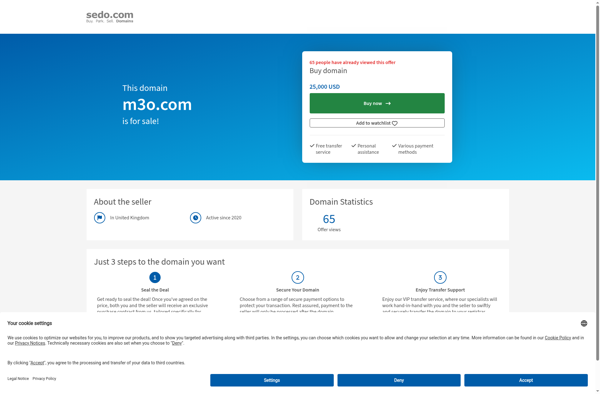
Joyent

Prometeus

PHP Fog
GB Network Solutions

AtomDeploy
Magalix

Private Layer

DotCloud

Webbynode

Cariibou
ProxyBite

HostUS
